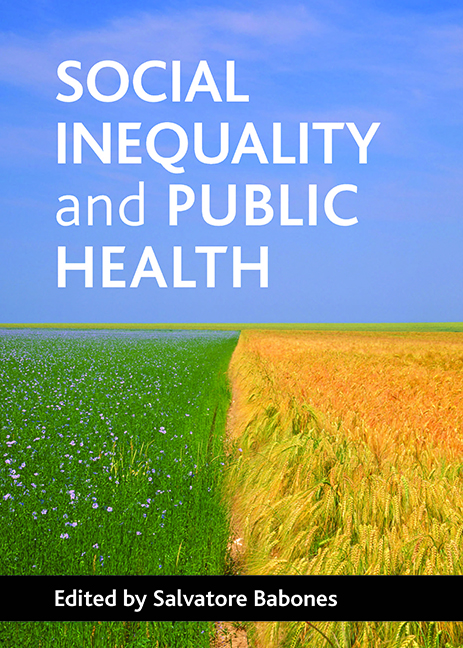Book contents
- Frontmatter
- Contents
- List of figures, tables, maps and boxes
- Preface
- Notes on contributors
- one Introduction
- Pathway 1 Differences in individual health behaviours
- Pathway 2 Group advantage and disadvantage
- Pathway 3 Psychosocial factors in individual health
- Pathway 4 Healthy and unhealthy societies
- Conclusions Public understanding of the new public health
- Index
fifteen - Health, inequalities and mobilisation: human rights and the Millennium Development Goals
Published online by Cambridge University Press: 22 January 2022
- Frontmatter
- Contents
- List of figures, tables, maps and boxes
- Preface
- Notes on contributors
- one Introduction
- Pathway 1 Differences in individual health behaviours
- Pathway 2 Group advantage and disadvantage
- Pathway 3 Psychosocial factors in individual health
- Pathway 4 Healthy and unhealthy societies
- Conclusions Public understanding of the new public health
- Index
Summary
Introduction
Rapid, sustained progress on global health and development would require the mobilisation of governments and the financial resources they command, and of social movements and non-governmental organisations (NGOs), whose ability to mobilise social energy and action is essential to overcoming barriers that exclude many poor and socially marginalised groups from the benefits of global growth. The international aid social system – donor agencies, contractors, NGOs and community-based organisations – is often described as development ‘partnerships’ capable of concerted cooperation for the common good. But donor governments, NGOs and social movements in the poor countries are often at odds over trade, aid, labour, finance and social spending policies, policies with important implications for health outcomes.
Two contemporary approaches to global development policy – the Millennium Development Goals (MDGs) and human rights-based approaches to development – present an opportunity to learn whether and how these two forms of social energy can be mobilised for poverty reduction. This chapter examines the important differences – theoretical, institutional and political – between the MDGs and the standards, principles and practices of internationally recognised human rights.
The MDGs, launched by 189 governments at the Millennium Summit in 2000, are perhaps the highest-profile example of goal- and needs-based action on global social problems. Three of the eight MDGs refer directly to health status: maternal mortality, infant mortality and ‘HIV/AIDS, malaria, and other major diseases’; and other targets, such as access to safe drinking water and to sanitation, have immediate public health implications. Many human rights and development advocates argue that the goals are consistent with and indeed a means of operationalising human rights standards and principles.
Human rights-based approaches to social policy attracted rising interest in the 1990s, in the form of activism on economic, social and cultural (ESC) rights, the human right to health, and ‘rights-based approaches’ to development assistance. Interest in ESC rights became more concrete as debate focused on issues such as the right of access to essential medicines, and on advocacy and litigation that asserted poor countries’ right to manufacture or import generic anti-retrovirals.
This study tests two widely held positions: that the MDGs mirror and complement human rights approaches to social policy; and that global development initiatives can mobilise a united system of states, donors, NGOs and social movements.
- Type
- Chapter
- Information
- Social Inequality and Public Health , pp. 215 - 230Publisher: Bristol University PressPrint publication year: 2009



